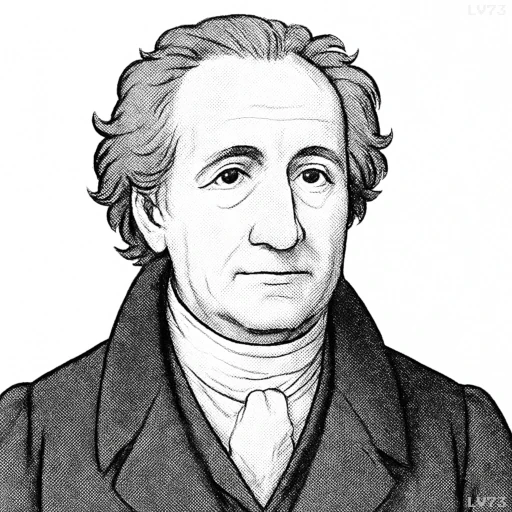“Correction does much, but encouragement does more.”

- August 28, 1749 – March 22, 1832
- German
- Poet, playwright, novelist, philosopher, politician
table of contents
Quote
“Correction does much, but encouragement does more.”
Explanation
Goethe emphasizes the power of encouragement over correction in fostering growth and success. While correcting mistakes is important for learning, encouragement motivates and inspires individuals to continue improving and striving toward their goals. Encouragement nurtures confidence, helps maintain motivation, and empowers individuals to push past their limitations, while correction, though necessary, can sometimes feel discouraging if not paired with support.
Historically, this quote reflects the ideas of positive reinforcement, which have been recognized as crucial for personal development and leadership. In Goethe’s time, educators and leaders understood the importance of balancing correction with motivation to create an environment where individuals feel valued and capable. A person who is constantly corrected may lose confidence, but someone who is encouraged feels supported and is more likely to persist in the face of challenges.
In modern contexts, such as education and management, this idea is widely applied. For instance, a teacher who encourages a student after a mistake, rather than only pointing out the error, helps the student to feel more capable and motivated to try again. Similarly, in leadership, a manager who praises effort and encourages growth, even when mistakes are made, fosters a more productive and innovative work environment.
Goethe’s quote reminds us of the transformative power of encouragement. While correction guides us, it is encouragement that can inspire lasting growth and a deeper commitment to progress. It teaches us to be mindful of the balance between guidance and support in helping others reach their potential.
Would you like to share your impressions or related stories about this quote in the comments section?



